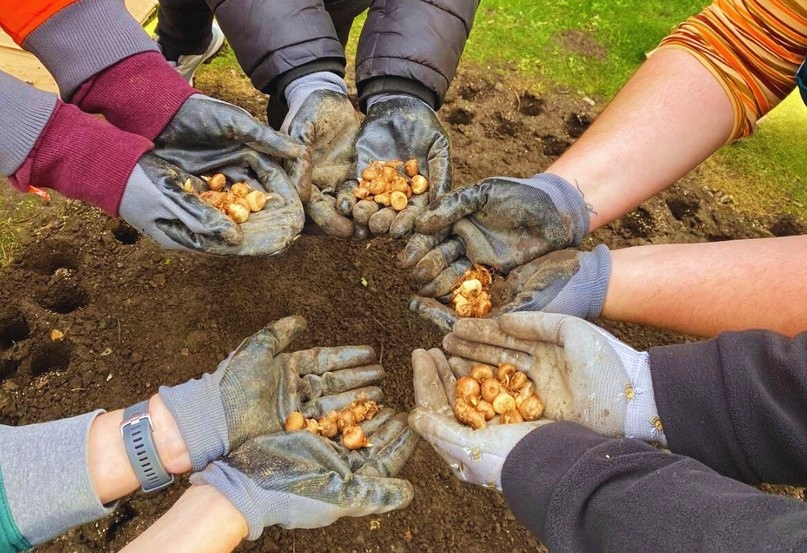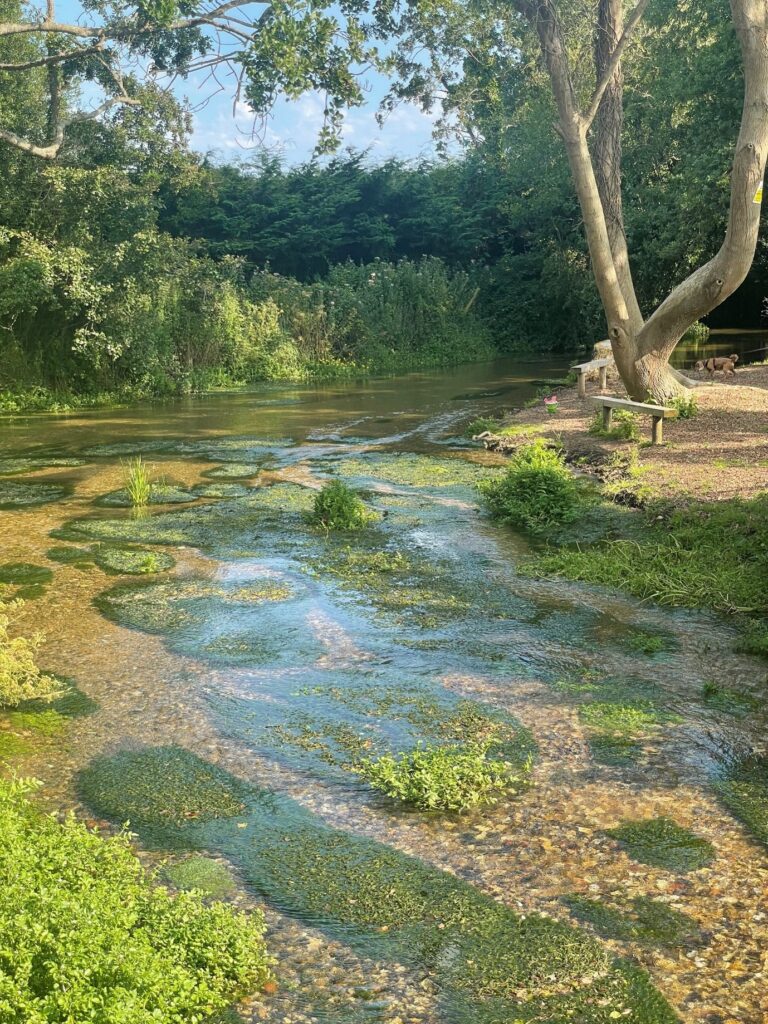A new report commissioned by Historic England on heritage and wellbeing has been published. The aim of the research project was to provide Historic England, the National Monuments Service, and the Heritage Council with a clear understanding of existing and emerging research which directly relates to improving wellbeing through heritage (the historic environment and archaeology).
This work provides Historic England, the National Monuments Service, and the Heritage Council with a state-of-the-art understanding of how heritage (in this context meaning the historic environment and archaeology) supports people’s wellbeing. The team reviewed academic research, reports and evaluations published from 2019 to 2024 across the UK and Ireland, which were combined with insights from a survey, interviews and a workshop with academics and heritage sector experts. The review underscores the significant role of heritage in promoting individual and community wellbeing via varied forms of both ‘active’ and ‘passive’ engagement, while highlighting issues of inequalities in access to heritage, with resultant uneven wellbeing benefits.
The review’s recommendations call for sustainable funding models for wellbeing-focused work and the development of sector-specific wellbeing indicators to generate robust evidence for the integration of heritage into national wellbeing strategies.
The project was led by Dr Dilshaad Bundhoo with University of Gloucestershire School of Business, Computing and Social Science colleagues Dr Alan Marvell and Clair Greenaway, and the CCRI’s Dr Demelza Jones, Dr John Powell and Prof. Paul Courtney.
The report ‘Evidence Enquiry for Wellbeing and Heritage Review of literature 2019-2024 and policy context’ can be downloaded from the Historic England website.




